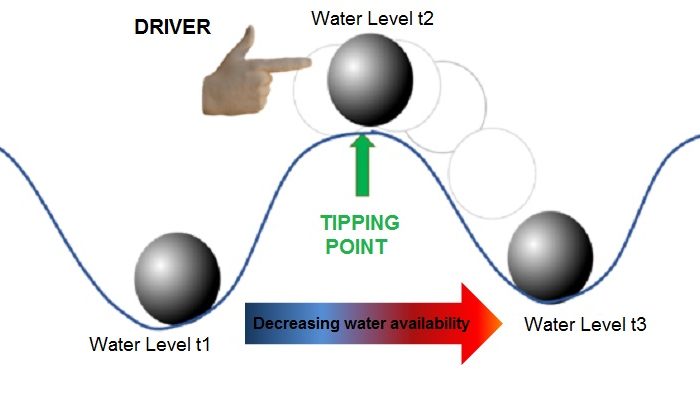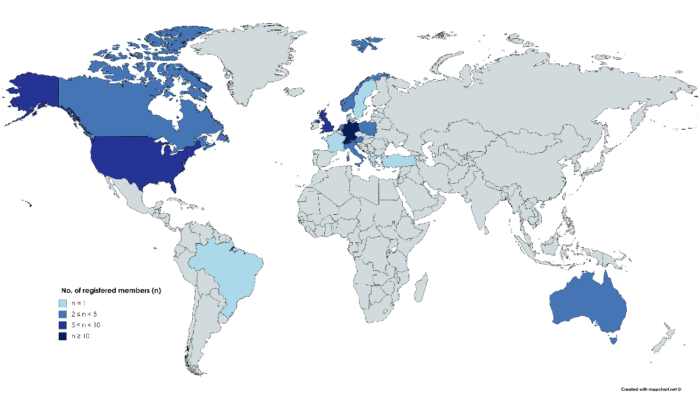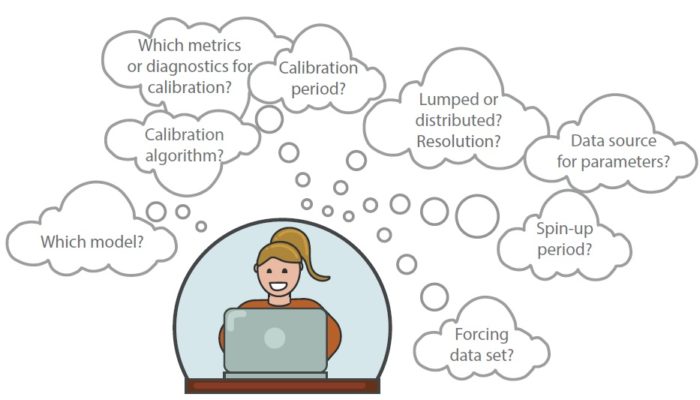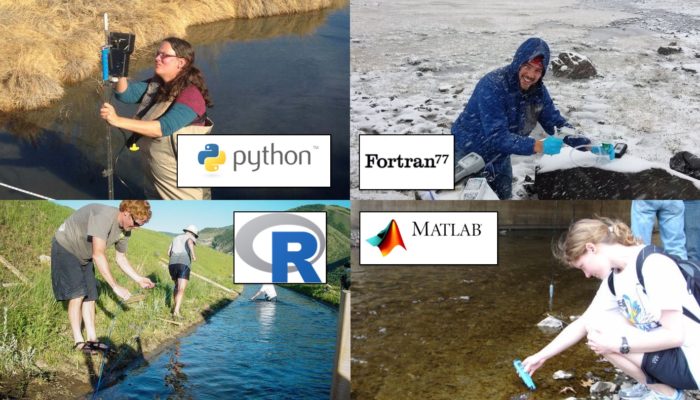We live in a time of unprecedented pressure on water resources. The combination of drivers, such as human water use and land use, climate change by greenhouse gases and the human modification of other components of the Earth system coupled to the water cycle, may be pushing water resources beyond levels of sustainability at all spatial scales (Gleeson et al., 2020; Zipper et al., 2020). A particul ...[Read More]
WomenInHydrology – a new initiative to connect female hydrologists worldwide
Geographical location of the WomenInHydrology members by their workplace, stand: 31.03.2020 What is WomenInHydrology about? WomenInHydrology is a Google Group mailing list created to encourage and foster the active participation of female hydrologists in the hydrological community. While the information content is not intended to be only women-oriented, the mailing list is dedicated specifically t ...[Read More]
On modelers and modeling
Several studies were conducted and are ongoing where we investigate modelers, modeling decisions and modeling perceptions. Below I discuss the rationale and a summary of the (preliminary) results. Simulation models, conceptualizations of processes into a system of mathematical equations (hereafter simply referred to as models), are frequently used tools in the hydrological sciences. The literature ...[Read More]
Sharing is caring: Models for all, presenting eWaterCycle II
The photos above were found by doing a google image search for ‘hydrologist’. Apparently our image is that of scientists that get to be outside a lot. We all know that the knowledge we gain from fieldwork gets codified in hydrological models which can be written in all sort of programming languages. “I wonder what this analysis would look like using that other groups hydrological model ...[Read More]




